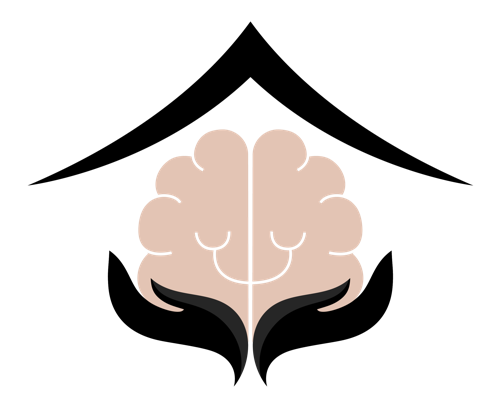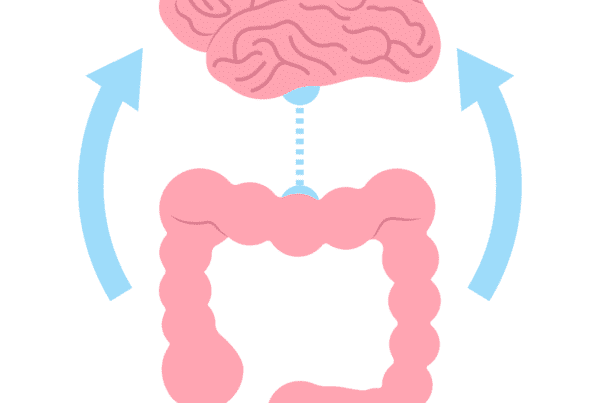At Safe Haven Health, we are dedicated to exploring innovative approaches to mental health treatment. One area that has gained significant attention in recent years is the intricate relationship between gut health and mental wellness. Let’s delve into the fascinating connections between the gut and the brain, shedding light on how the state of your gut can impact your mental health.
Understanding the Gut-Brain Axis
The gut-brain axis is a bidirectional communication system between the gastrointestinal tract and the central nervous system. This complex network involves the gut microbiota, the enteric nervous system, and the central nervous system.
- The Gut Microbiota
The gut is home to trillions of microorganisms known as the gut microbiota. These microorganisms include bacteria, viruses, fungi, and other microbes. The gut microbiota composition is incredibly diverse and unique to each individual.
- Enteric Nervous System
Often referred to as the “second brain,” the enteric nervous system is a complex network of neurons embedded in the walls of the gastrointestinal tract. The ENS can operate independently of the central nervous system but communicates with the brain.
- Central Nervous System
The central nervous system, consisting of the brain and spinal cord, plays a crucial role in processing information received from the gut. Neural, endocrine, and immune pathways facilitate this bidirectional communication between the gut and the brain.
The Impact of Gut Health on Mental Health
- Neurotransmitter Production
The gut microbiota plays a pivotal role in producing neurotransmitters such as serotonin, dopamine, and gamma-aminobutyric (GABA). These chemicals are essential for regulating mood, emotional, and cognitive function.
- Immune System Modulation
A healthy gut contributes to a balanced immune system. Imbalances in gut bacteria can lead to inflammation, which has been linked to mental health disorders such as depression and anxiety.
- Gut Permeability
The integrity of the intestinal barrier is crucial for preventing harmful substances from entering the bloodstream. An impaired gut barrier, often referred to as a “leaky gut,” has been associated with various mental health conditions.
Nurturing Your Gut for Mental Wellness
- Probiotics and Prebiotics
Incorporating probiotics (beneficial bacteria) and prebiotics (food for these bacteria) into your diet can promote healthy gut microbiota. Yogurt, kefir, sauerkraut, and fiber-rich foods are excellent choices.
- Balanced Diet
Maintaining a balanced and nutritious diet, including various fruits, vegetables, whole grains, and lean proteins in your meals, is essential for overall gut health.
- Stress Management
Chronic stress can negatively impact the gut-brain axis. Practices such as meditation, deep breathing exercises, and regular physical activity can help manage stress levels.
As we continue to explore groundbreaking avenues in mental health treatment, it’s crucial not to overlook the role of gut health. The intricate interplay between the gut and the brain highlights the importance of a holistic approach to well-being. At Safe Haven Health, we are committed to staying at the forefront of mental healthcare, incorporating emerging insights to provide the best outcomes for our clients.
Remember, a healthy guy lays the foundation for a healthy mind. Take proactive steps to nurture your guy, and you may find yourself on the path to improved mental wellness. If you have any questions or want to explore holistic mental health treatments, don’t hesitate to contact the Safe Haven Health team. Your mental wellness is our priority.



